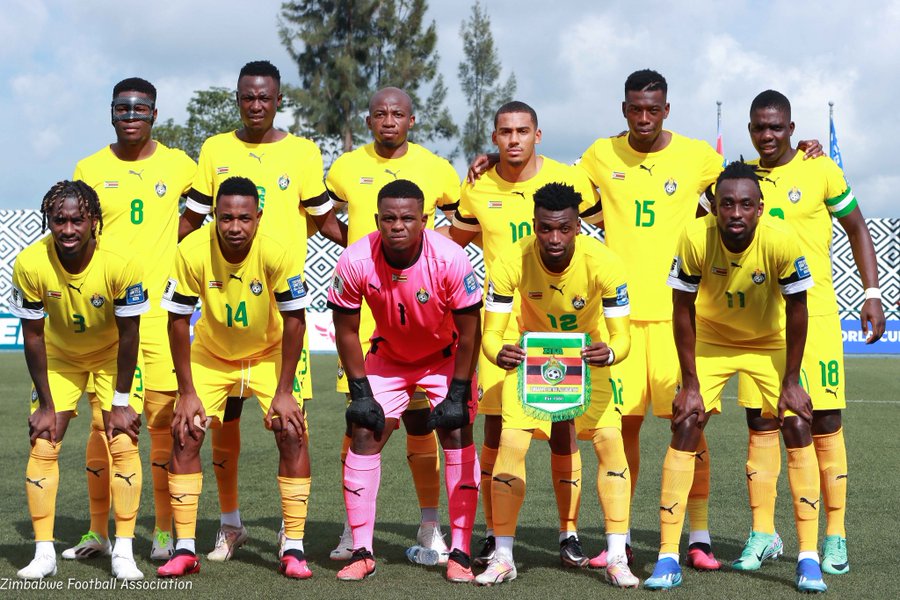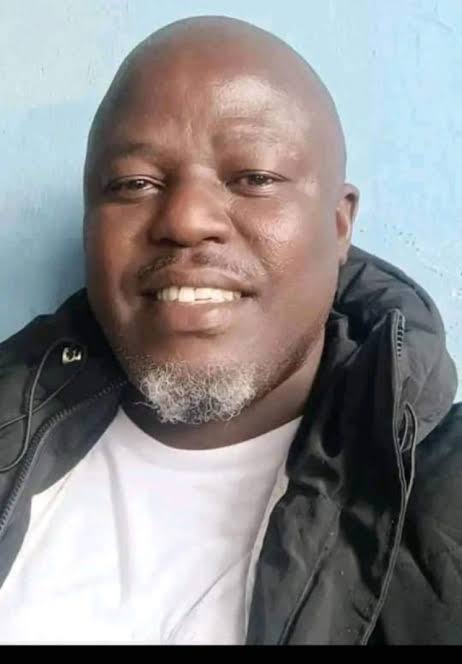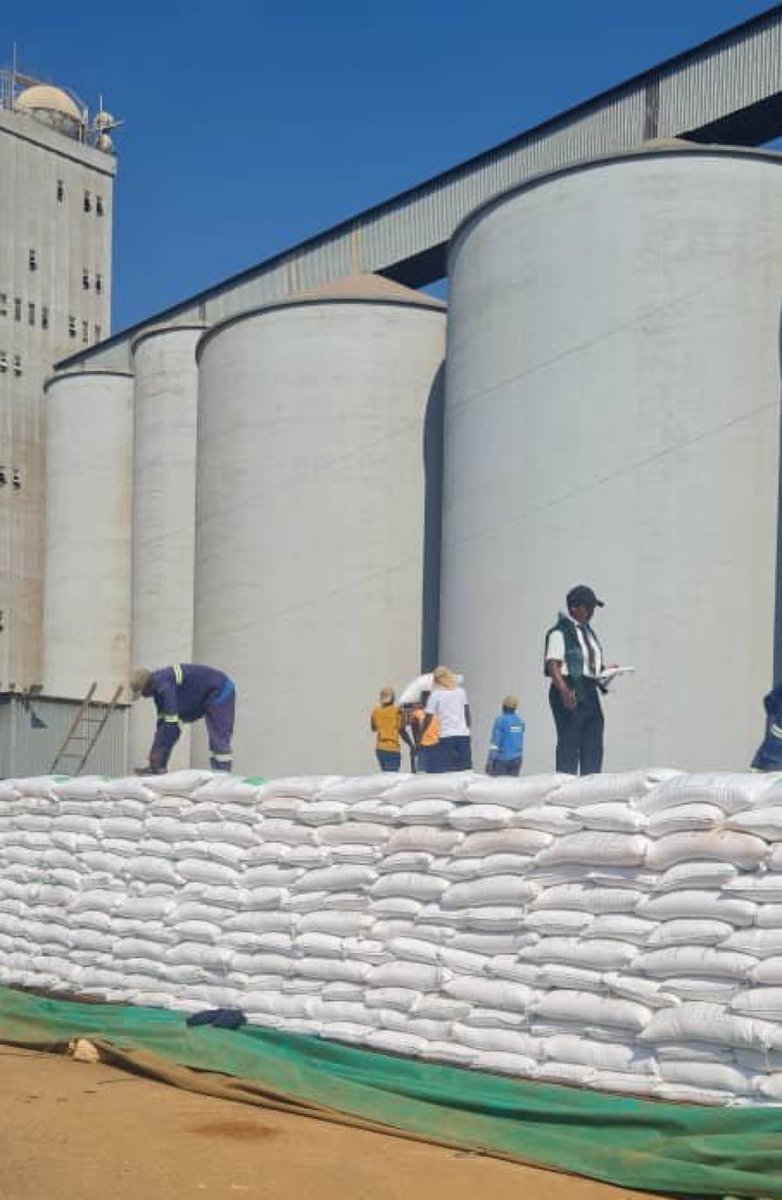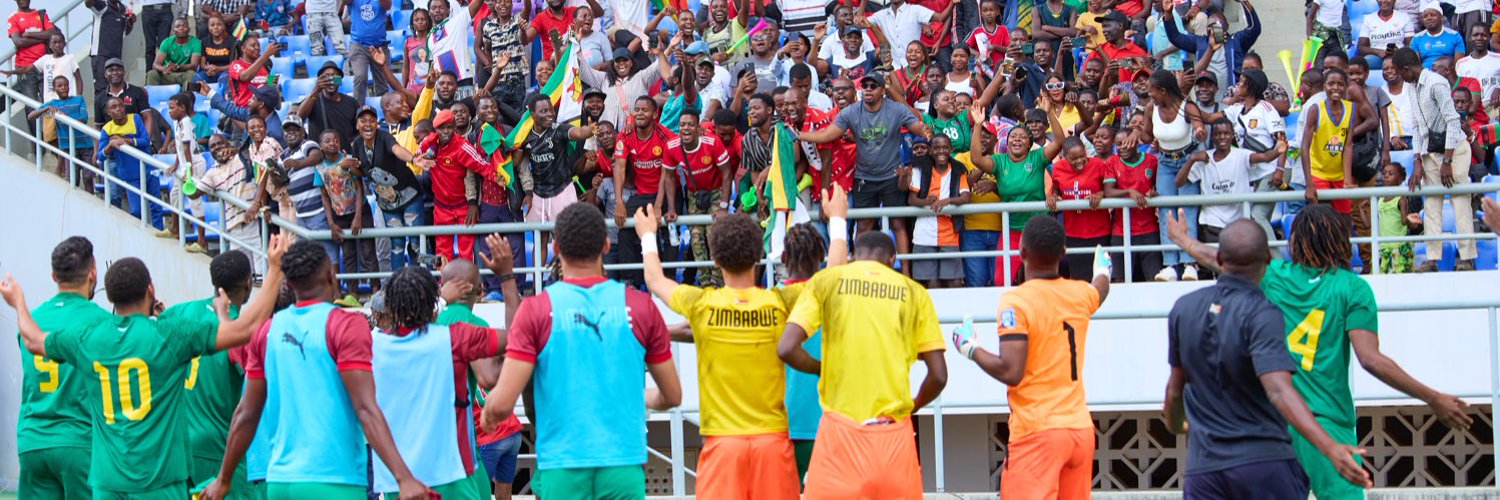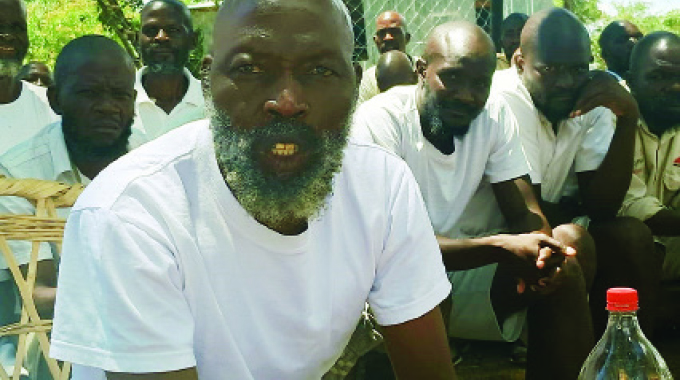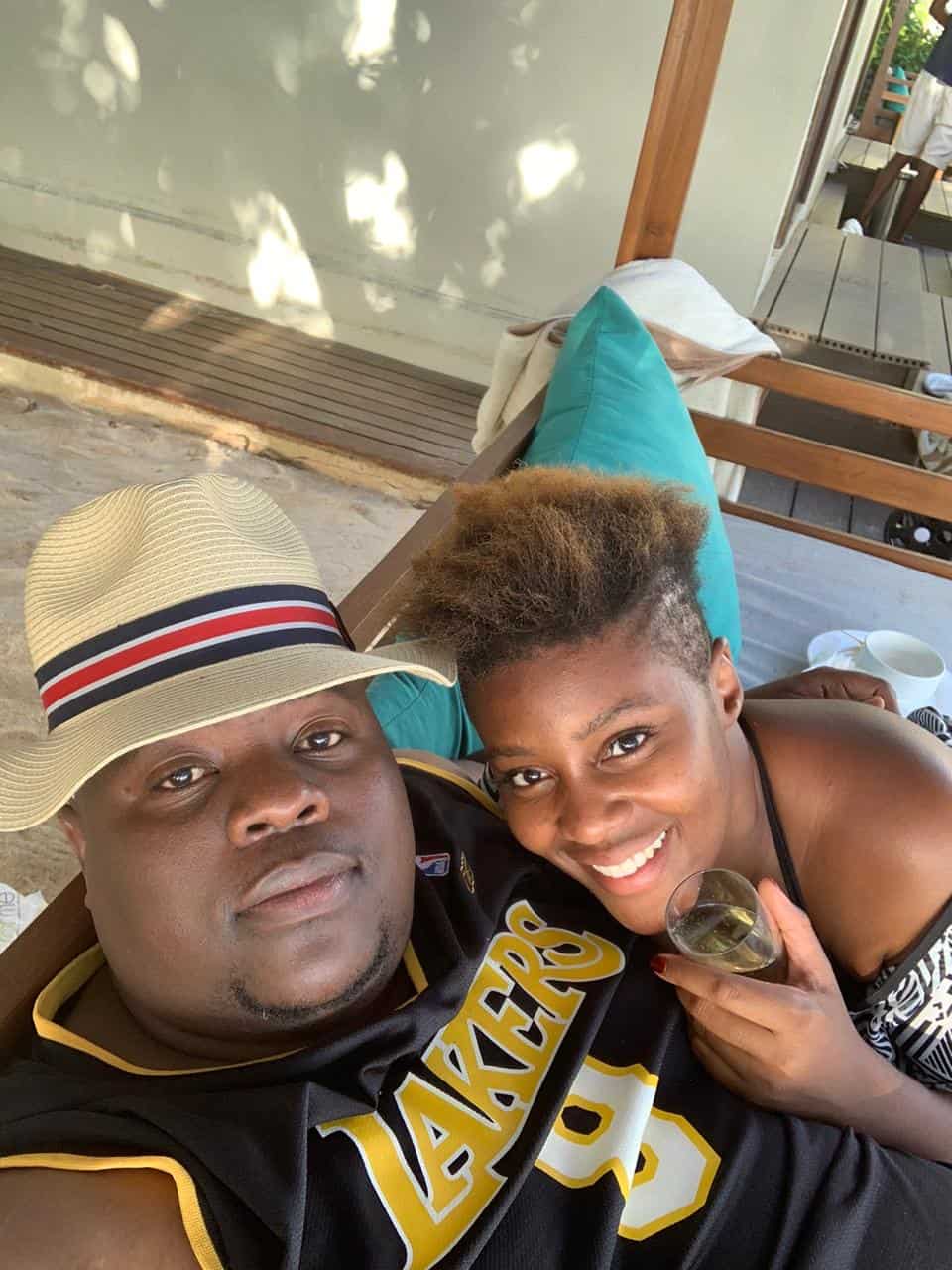ZwNews.com
The recent arrest of human rights defenders has raised eyebrows over how Zimbabwe’s law enforcement apparatus which is alleged to be under ‘state capture’ conducts its duties.
Should the police investigate in order to effect an arrest, or should they arrest first then investigate later?
Historically, the country has a documented record of making unruly arrests motivated not by constitutionalism, but by pure politics, aimed at silencing perceived opponents of the junta.
Most of these arrests have over the years proven to be malicious with the accused only to be released later, with either no charges placed; or have the fake charges levelled against the accused just have been dropped. However, this mainly happen after the accused have had been subjected to severe torture, applied to them during the time in detention.
Far from the human rights defenders, an opposition leader (Ideal Zimbabwe Party president) Tinashe Jonas, was seized at Cresta Jameson Hotel in Harare in March this year on trumped up charges, and spent a month in prison where he reportedly underwent hell.
He recently told a South African publication that he was tortured, given electric shocks on some parts of his body while in detention, as well as being injected with an unknown substance, on top of being denied medication.
After his release from the cells on bail last month, he had no choice but to border jump into South Africa, with the Central Intelligence Operatives allegedly in hot pursuit.
These and other untold stories has raised more questions than answers, as to what is the purpose of an arrest, as far as the duty of policing is concerned?
Apparently, the Zimbabwe Republic Police (ZRP) do not investigate in order to effect an arrest; instead they arrest only to investigate later.
“The suspect has been arrested and is currently helping police with investigations,” the ZRP would say. The police in Zimbabwe all too often take the view that criminal investigations must start with an arrest.
And they are wrong.
The main purpose of an arrest should be to ensure that a suspect will stand trial for the crime which he or she is suspected of having committed.
Other legitimate reasons for arresting a suspect are to stop him/ her from committing a crime or interfering with the evidence.
A constitutional watchdog Veritas-Zimbabwe says beyond that, and according to the courts, the powers of arrest should be exercised sparingly if at all.
“So even if a police officer has reasonable grounds to suspect that a person has committed a crime, it will be unreasonable and illegal to arrest him unless the police officer believes, in addition, that the arrest is necessary to prevent him running away, committing another crime, or interfering with the evidence,” says the watchdog.
Meanwhile, Zimbabwe which now qualifies to be classified as a ‘militarised or police state’ is on record for using arrests as a way to deal with divergence views, a few days ago Ugandan opposition leader Bobi Wine was detained by state agents at the Robert Mugabe International airport.
Wine jetted in the country at the invitation of Nelson Chamisa’s Movement for Democratic Change-Alliance party, to attend and give solidarity speech during its 5th Congress.
But upon touching down, Wine was detained for about an hour, with the state apparatus demanding to know what he was going to say at the MDC congress, they accused him of wanting to stir disharmony in the country, but later released him, after he reportedly told them that his speech will center on calling for national dialogue in Zimbabwe.
The Zimbabwean government has been over the years, under fire from political and legal experts for using arrests as a way to silence human rights activists and perceived political opponents, into submission to autocratic governance.
Even the coming in of President Emerson Mnangagwa’s so-called new dispensation, has not helped matters, as he too opted to kick the can down the same road.


